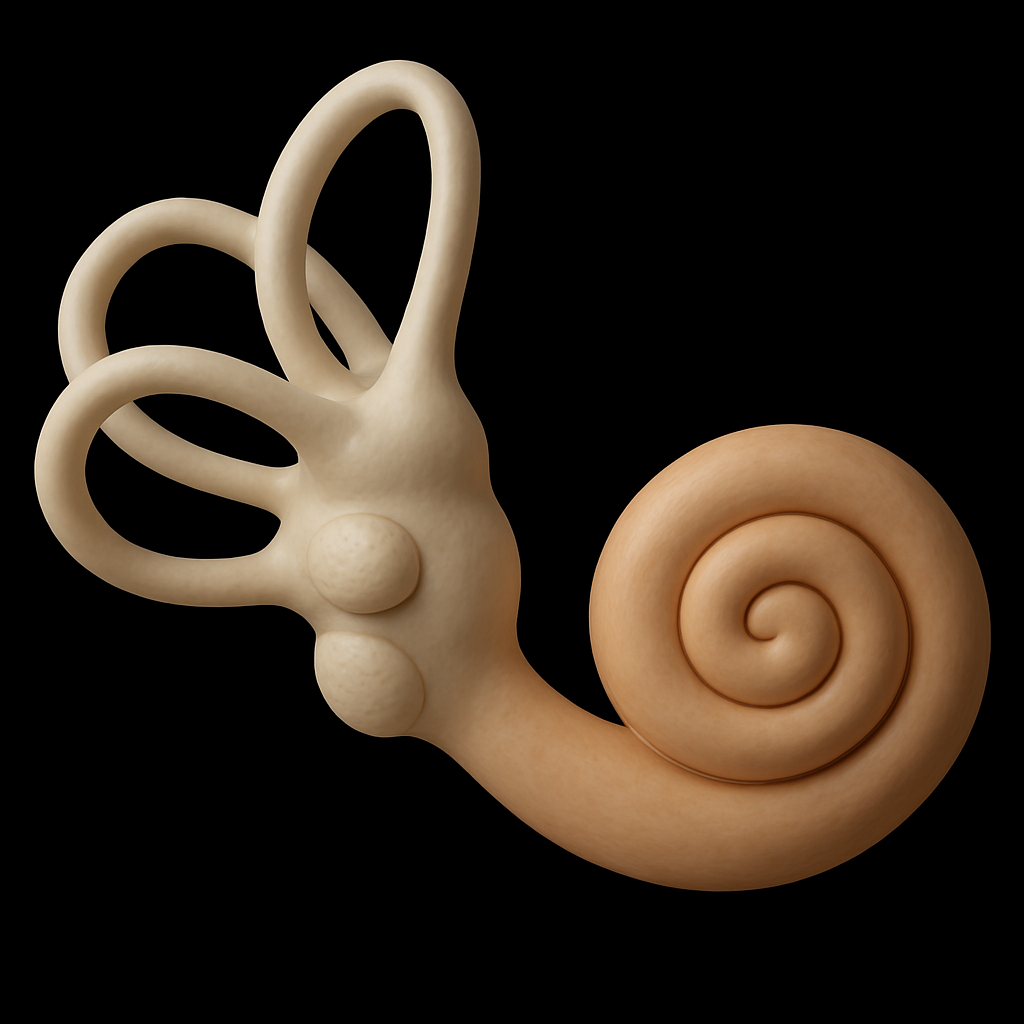Vestibular function and cognition are closely related, with studies showing that individuals with dysfunction of the vestibular system frequently show deficits in attention, working memory, executive function, and spatial orientation. [1]
The vestibular system is in the inner ear, just deeper than the hearing system. It is vulnerable to blast overpressure and ear pro does not protect the vestibular system.
Information from the vestibular system is sent to many areas of the brain, including the hippocampus. The hippocampus is a component of the limbic system, which is associated with emotions, encoding, storing and retrieving memories. It is also considered a crucial brain region for processing spatial information and navigation. Visuospatial memory, motor planning, motion perception, and object-based mental picture transformations are all associated with vestibular information. [1]
Tactical professionals rely heavily on the function of their vestibular system for performance, particularly because all these components are key to performing in extreme multisensory environments. The lack of evaluation and proactive training of the vestibular system in tactical professionals, particularly those with frequent blast overpressure exposures, is a significant threat to readiness, lethality, and quality of life of operators.
References:
- Guo, J., Wang, J., Liang, P., Tian, E., Liu, D., Guo, Z., … & Zhang, S. (2024). Vestibular dysfunction leads to cognitive impairments: State of knowledge in the field and clinical perspectives. International Journal of Molecular Medicine, 53(4), 36.
